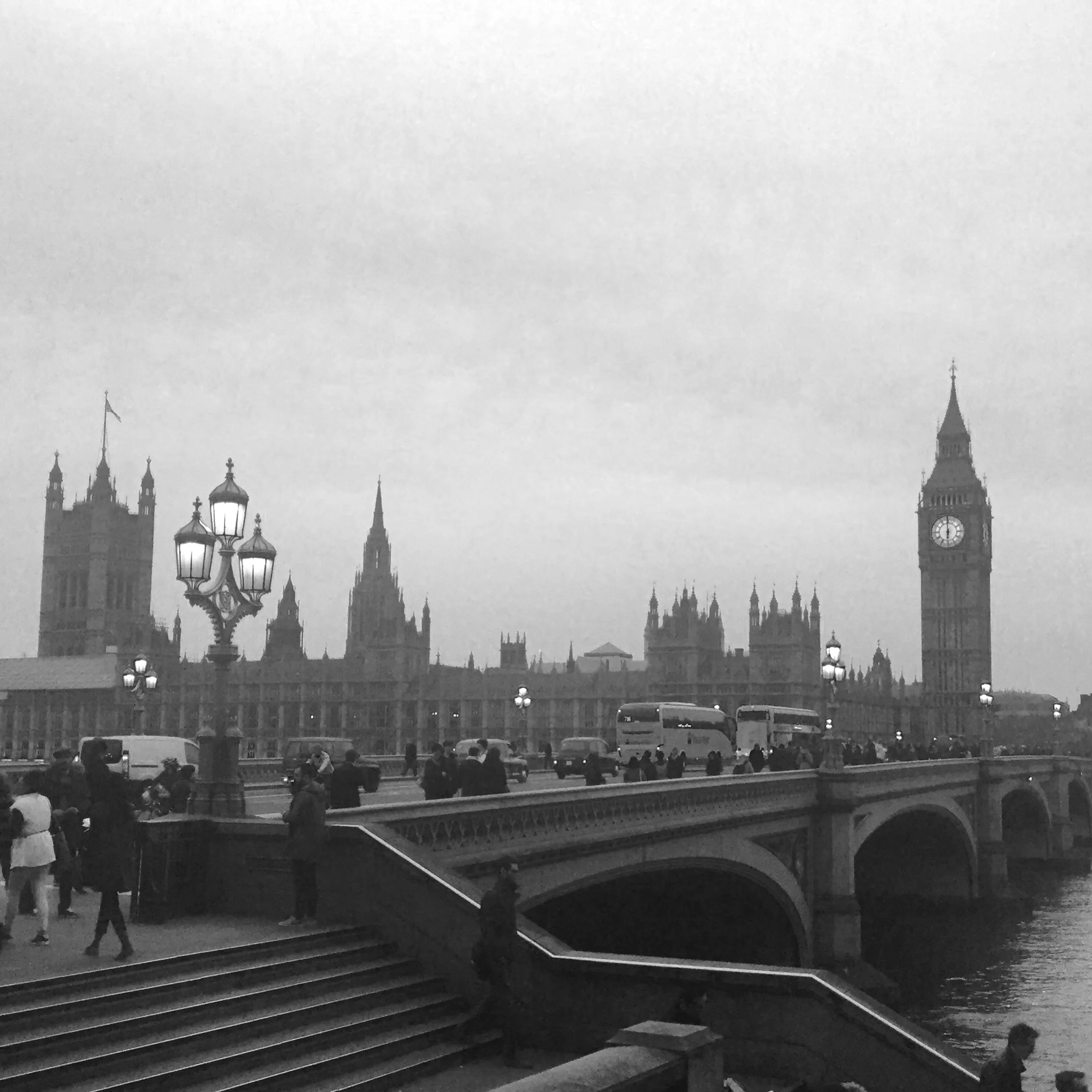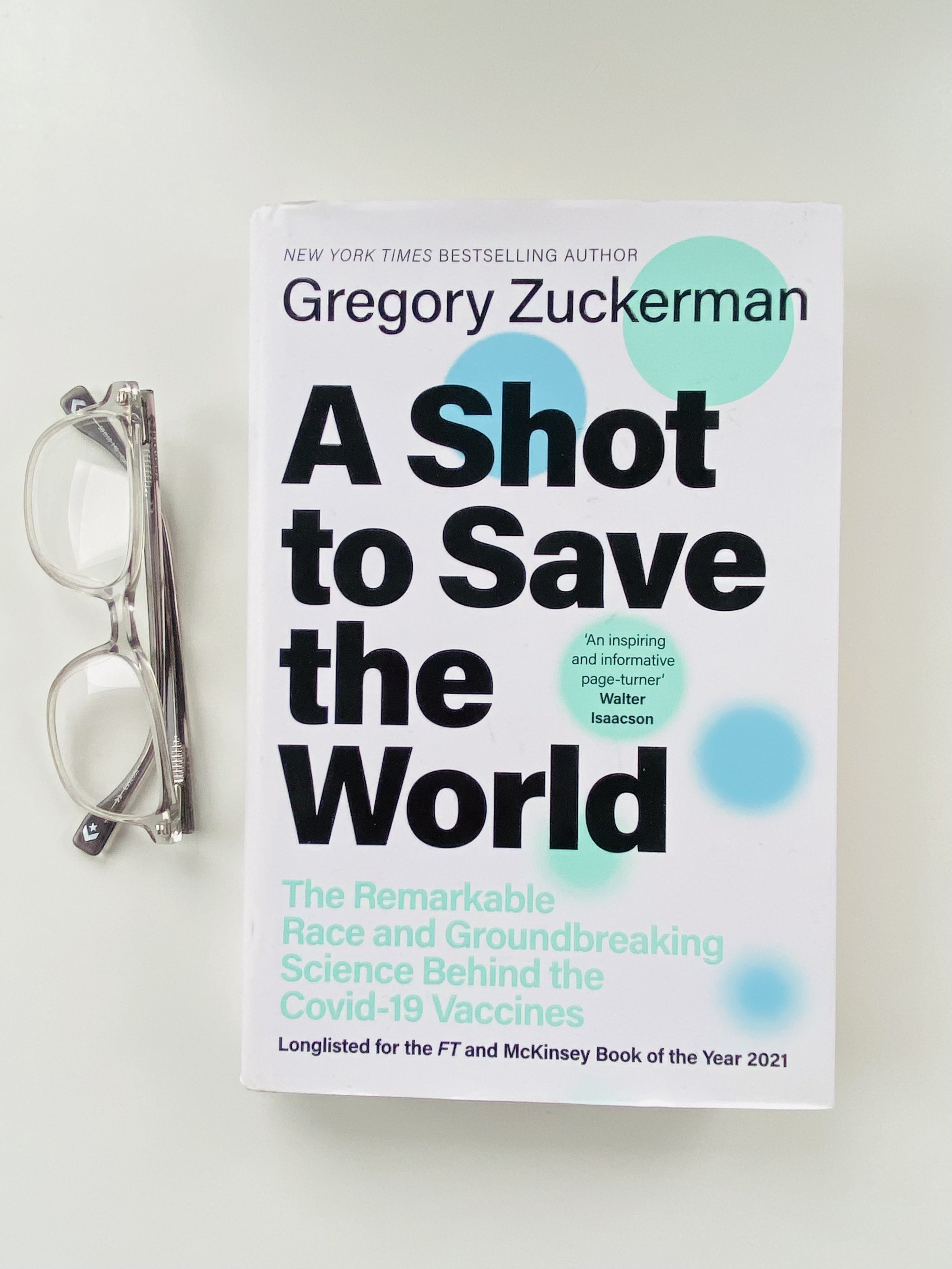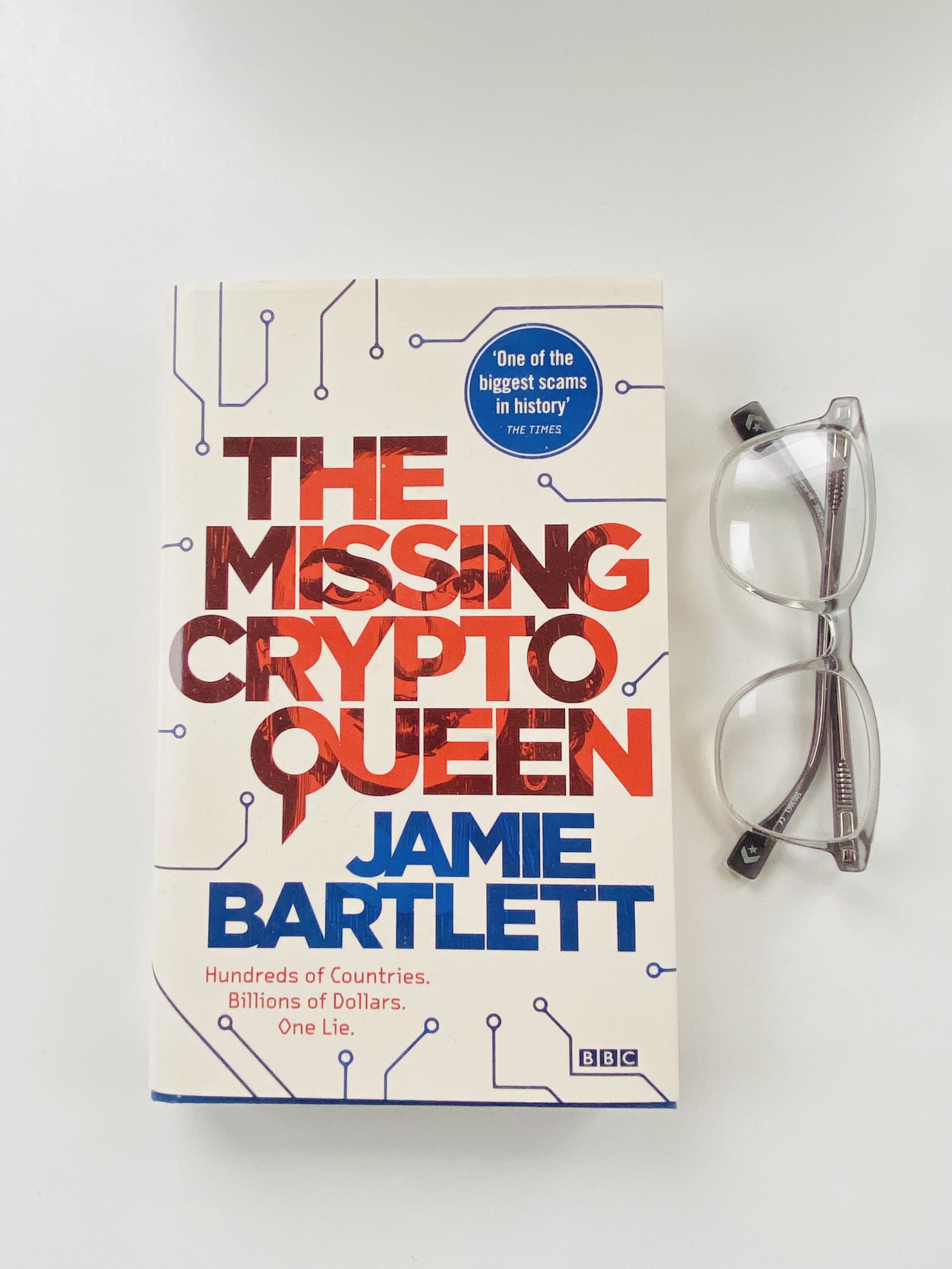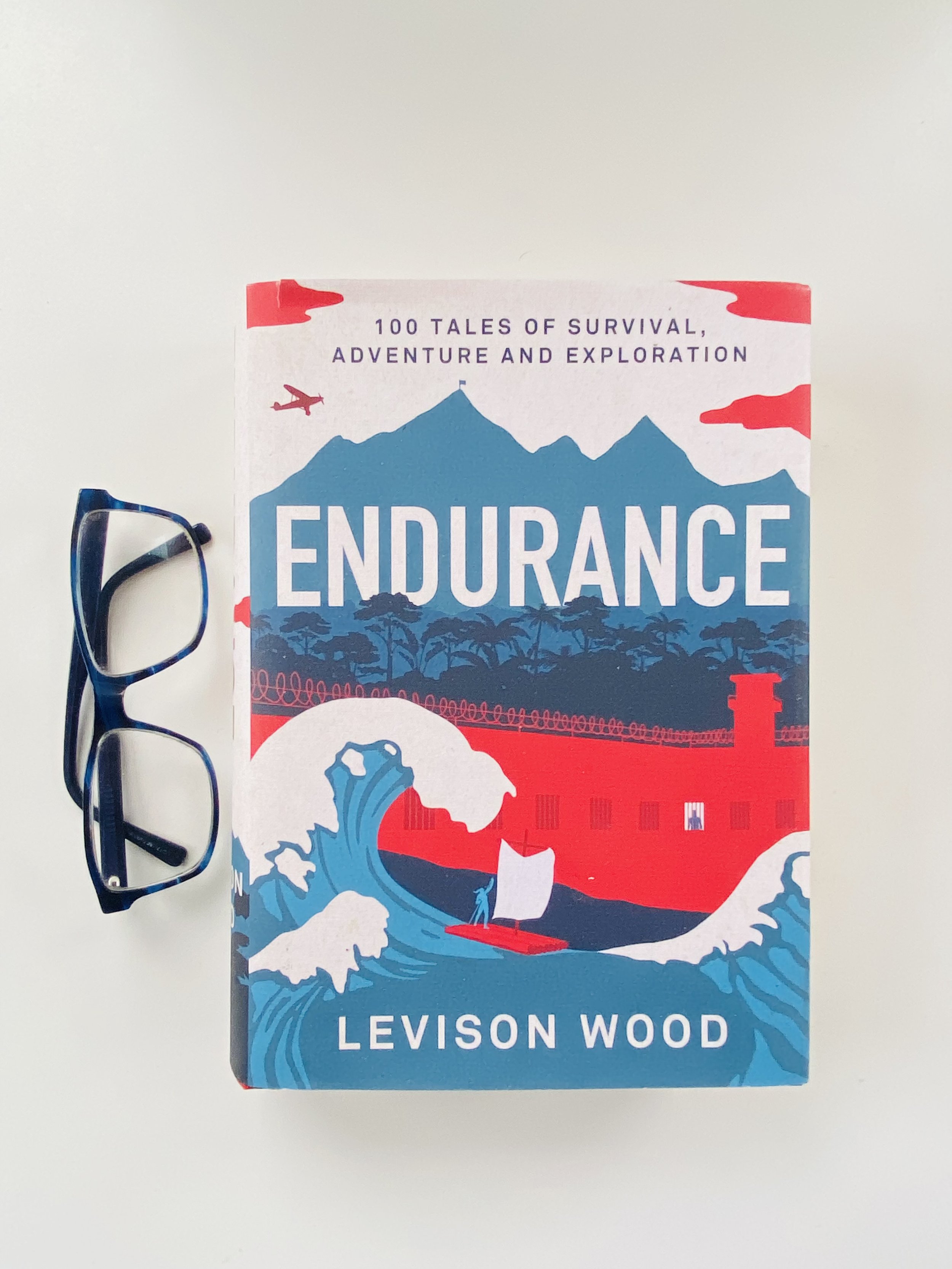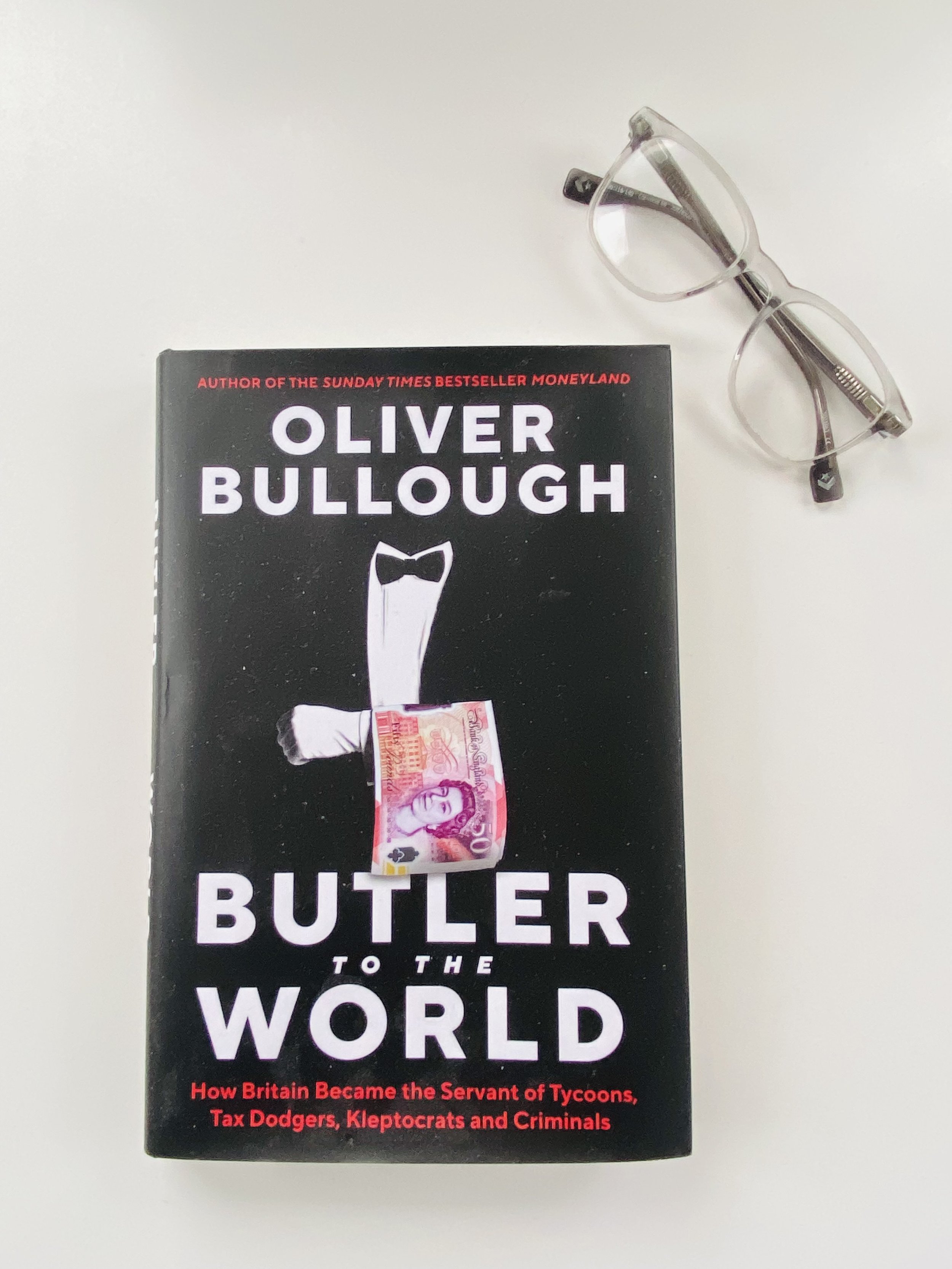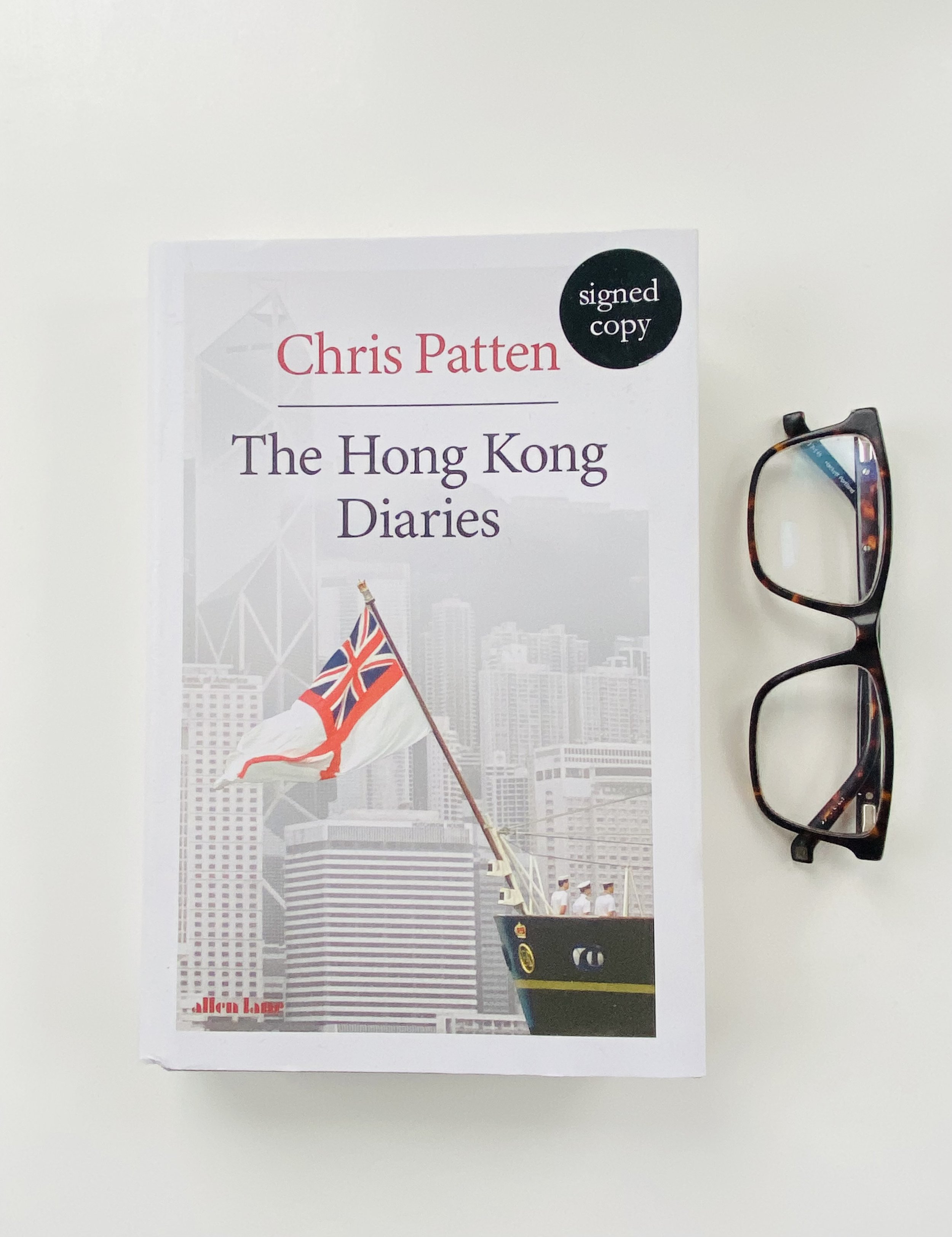Every week Mission Critical reads and reviews a book for inclusion in our Weekly Briefing. This year we thought we would reflect on those 50 books read so far and select our 10 favourite reads and share them, as a ‘Top Ten’, with non-subscribers.
We hope you find the list inspiring for yourself and perhaps helpful for Christmas gift buying.
NB If you use the Amazon link we recieve a small commission although your price is unchanged.
(1) A SHOT TO SAVE THE WORLD
Many, many books will be written about the pandemic but this one by the Wall Street Journal’s Gregory Zuckerman is probably the most uplifting you will read because it focuses on the Herculian vaccination effort which, against a background of global missteps in almost every other response, was easily the ‘success story’.
The vaccine baton was picked up by the world’s biggest drug and vaccine makers but it was others who made the breakthroughs. A cast which included a “ French businessman dismissed by many as a fabulist. A Turkish immigrant with little virus experience. A quirky Midwesterner obsessed with insect cells. A Boston scientist employing questionable techniques. A British scientist despised by his peers”.
For a factual book, it is an engaging and pacy read made all the more so because we all lived through that period between the Wahun outbreak and the news that there were credible vaccines ready.
It’s one for the beach, on the basis that 2022 is the first time you can realistically plan, book, and actually travel on vacation. Thanks to Zuckerman’s subjects.
(2) LEADERSHIP - SIX STUDIES IN WORLD STRATEGY
A weighty tome that cannot be rushed (and nor should it) In Leadership, Kissinger studies the lives of six “extraordinary” leaders through the distinctive strategies of statecraft that he believes they embodied.
Konrad Adenauer brought defeated and morally bankrupt Germany back into the community of nations by what Kissinger calls 'the strategy of humility'.
Charles de Gaulle set France beside the victorious Allies and renewed its historic grandeur by 'the strategy of will'.
Richard Nixon gave a geostrategic advantage to the United States by 'the strategy of equilibrium'.
Anwar Sadat brought a vision of peace to the Middle East through a 'strategy of transcendence'.
Lee Kwan Yew created a powerhouse city-state, Singapore, by 'the strategy of excellence'.
Margaret Thatcher renewed her country's morale and international position by 'the strategy of conviction'.
We enjoyed them all however since we knew least about Lee Kwan Yew, even though we have visited Singapore many times, that proved one of the most interesting chapters.
Only Kissinger could have written this book. It brings historical perception and public experience, and most importantly it uses his own insights because he knew each of the subjects.
(3) JUST ONE THING
We catch the author’s BBC podcast, Just One Thing, regularly and this book builds on that. The book sums up Dr Mosley's mission to discover relatively small and simple behaviours that you can introduce into your routine which will have a big impact on your mental and physical health. For example, eating chocolate can help your heart, that singing can give you a natural "high" and having more houseplants can boost your productivity and brain power.
It’s not a one-man show, he speaks with experts and tests all of his tips. It’s an easy book to dip in and out of and as some of us turn our minds to ‘new year resolutions’ there are some helpful pointers. Ultimately these small behaviours add up.
(4) THE MISSING CRYPTO QUEEN
In The Missing Cryptoqueen, the author Jamie Bartlett tells the unbelievable story of the rise, disappearance, and fall of Dr Ruja Ignatova. He reveals a tale of intrigue, hype, and herd madness that basically allowed OneCoin to become a million-person pyramid scheme. Early investors were making millions and, at the bottom, people were putting their livelihoods at risk. It’s the inside story of the smartest and biggest scam of the 21st Century – and the genius behind it. Oh, and she is still on the run.
We came to this story back in 2020 via the excellent BBC podcast series of the same name. This week’s read will probably make us listen again.
A great read, and listen.
(5)ENDURANCE - 100 TALES OF SURVIVAL, ADVENTURE AND EXPLORATION
Beware. This is a tome. If you buy the physical book you won’t be carrying it anywhere but it made our list because we reckon it is the perfect book for longer, darker evenings.
The author, Levison Wood, has gathered 100 of the most fascinating accounts of human endurance throughout history. We are only halfway through but have read enough to recommend this for a self-purchase or as a gift.
These adventure extracts (which makes them ideal to pick what interests you at that particular time and read a story in one go) are organised around a range of themes;
Against all odds
Courage under fire
Frontiers of discovery
Pioneers and mavericks
Pushing the limits
Subjects include - Ernest Shackleton, Robert Falcon Scott, Sir Edmund Hillary, Tenzing Norgay, Amelia Earhart, Marie Colvin, John Krakauer, Solomon Northrup, Ella Maillart, Freya Stark, Ed Stafford, Aleksandr Solzhenitsyn, Aron Lee Ralston, María Elena Moyano, Gertrude Bell, Isabelle Eberhart, Nellie Bly, Alex Honnold, Nelson Mandela, David Nott, Jules Verne, Neil Armstrong and Scott Kelly.
(6) MONEY MEN
We followed every word of Dan McCrum’s reporting of the Wirecard scandal in real time so we approached his comprehensive book with relish but also a belief that there really wouldn’t be too much new. How wrong we were. This really is one of those factual accounts that reads like fiction.
Wirecard was a $30 billion USD fintech darling before Financial Time’s journalist Dan McCrum followed up on a tip to investigate. Everything about Wirecard seemed a little too good to be true, in a matter of years the company had grown to overtake industry giants like Commerzbank and Deutsche Bank on the stock market.
As McCrum investigated the story got stranger and not without danger. Short sellers, whistleblowers, pornographers, private militias, hackers and spies. He was followed around London and letters to his boss, the Editor of the FT warned him off. He was also named as the number one suspect in a criminal inquiry.
This is a brilliant book that shows how effective a good investigative journalist can be.
(7) BUTLER TO THE WORLD
This was a very timely read as the UK sanctions Russian “oligarchs” and freezes the very assets that the author of “Butler to the World”, Oliver Bullough, addresses at length.
In the book, Bullough outlines how the UK ended up primed to enable “oligarchs, kleptocrats, and gangsters” with bankers, wealth managers, and lawyers, reliant on “dirty” Russian money.
Bullough uses the metaphor of butler and master (hence the title) and he links it all back to when the UK lost its empire and sought a new role with the critical moment being the 1956 Suez crisis. In the resulting financial crash, the City borrowed dollars to prop up sterling and, by so doing, accidentally invented the eurodollar. This led to the creation of complex financial products, all served from the UK or UK dependencies allowing the super-rich to shelter their fortunes from the prying eyes of governments and regulators.
The author travels far and wide in his research. It’s not a dull book by any means and you do not need to agree with all of his conclusions in order to have a sharp intake of breath, repeatedly.
If you do not want to read the book then this article by the New Yorker’s Patrick Radden Keefe is worthwhile - “How Putin’s Oligarchs Bought London”.
(8) THE HONG KONG DIARIES
In June 1992 Chris Patten went to Hong Kong as the last British governor to try to prepare the colony for being handed back in 1997 to the Chinese, from whom most of its territory had been leased 99 years previously.
Throughout those five years, he kept a diary, which describes in detail how Hong Kong was run as a British colony and what happened as the handover approached. It is a cracking read with many insights into negotiating with the Chinese, how the institutions of democracy in Hong Kong were strengthened and how Patten sought to ensure that a strong degree of self-government would continue after 1997.
The book concludes with an account of what has happened in Hong Kong since the handover. He pulls no punches in describing the actions of the Chinese.
This is enjoyable work in two ways. Patten was living history and the attention to detail makes you feel you are by his side. Secondly, it is a reminder of diplomacy and statecraft without digital enhancement. No social media and much less trial by media. Matters play out at a slower pace.
(9) THE SECRET HISTORY OF THE FIVE EYES
The Five Eyes is the spy network established by Britain and the United States in 1956 with Canada, Australia, and New Zealand making up the rest of the members. Richard Kerbaj’s book is the first significant account of the network, which was only acknowledged in 2010.
Thoroughly researched, the author makes good use of personal interviews with leaders - including British Prime Ministers Theresa May and David Cameron and upwards of 100 intelligence officials such as GCHQ director Sir Iain Lobban, CIA director General David Petraeus, MI5 director-general Eliza Manningham-Buller, NSA director Admiral Mike Rogers, British National Security Advisor Kim Darroch, ASIO chief Mike Burgess, and the Canadian Security Intelligence Service's chief Richard Fadden, and Ciaran Martin.
If you are interested in the topic then you would be hard placed to read a more authoritative work. We enjoyed it - the history of the collaboration and some extra insight into some of the key moments during its existence.
(10) FREEZING ORDER
‘Freezing Order’ follows on from the author’s New York Times bestselling ‘Red Notice’ which we may have reviewed several years ago but that does not matter as this latest instalment of Bill Browder becoming President Putin’s “number one enemy” is stand alone.
The book begins with the efforts to uncover who was behind the $230 million tax refund scheme that Magnitsky was killed over (the first book) with Browder and his team tracking the money as it flowed out of Russia through the Baltics and Cyprus and on to Western Europe and the Americas.
As law enforcement agencies began freezing the money, Putin retaliated, setting up honey traps, hiring process servers to chase Browder, murdering more of his Russian allies, and enlisting top lawyers and politicians in America to bring him down.
The book reads like fiction which makes the facts all the more disturbing.
